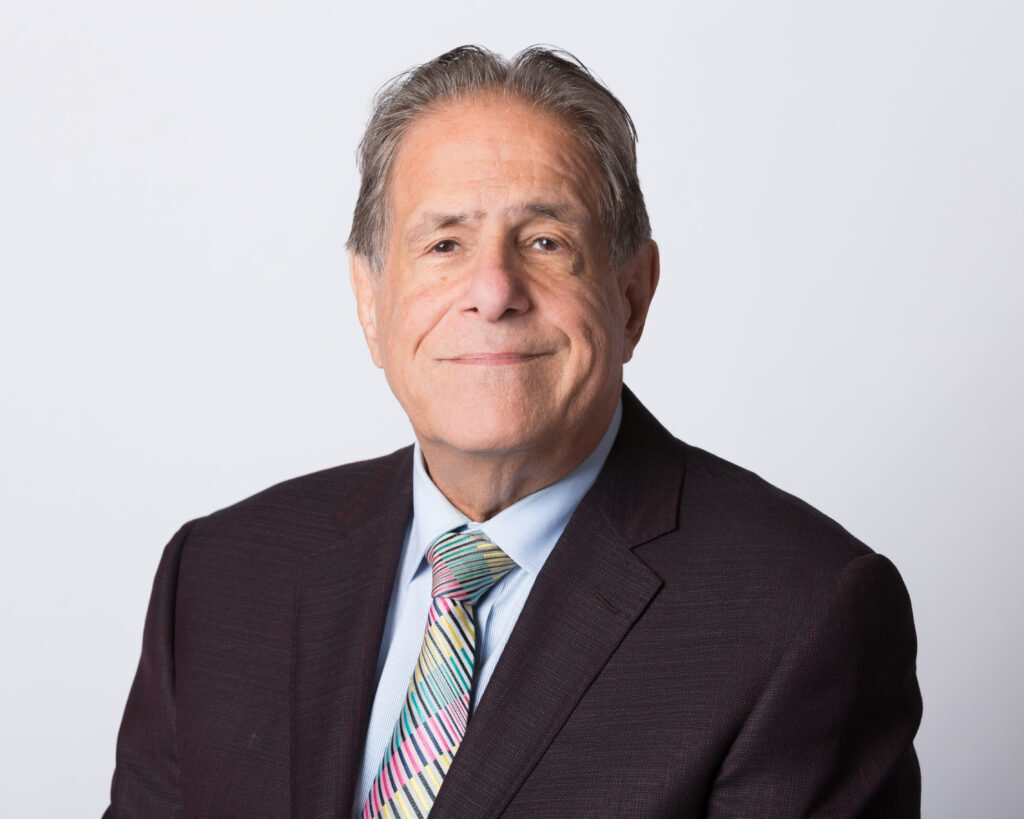
During his 25-year career as a federal district judge in the Northern District of Iowa, Mark W. Bennett tried civil and criminal cases in six different federal districts and frequently sat by invitation on the Ninth Circuit Court of Appeals. He authored dozens of published opinions and sentenced over 4,000 offenders to federal prison in criminal cases. Remarkably, he personally visited 400 of the inmates he sentenced to federal prison. The stories of some of the people whose lives his decisions impacted along with his experiences on the bench inspired him to become an advocate for federal sentencing reform and to fight for a more just justice system. This journey led him to his current position as the first director of Drake Law School’s Institute for Justice Reform & Innovation (IJRI).
The IJRI was established in 2018 as a center for research and training on topics including implicit bias, Afrocentric facial feature bias, sentencing reform, and trial court innovations. As director of the IJRI Judge Bennett has continued work he began as a federal judge providing implicit bias training to state and federal judges from Hawaii to Maine. He also published an empirical study of implicit bias among both federal and state court judges as it relates to the length of sentences, the only study of its kind. He continues to write articles on federal sentencing reform that have been published in some of the nation’s leading law reviews, and has spoken at legal education seminars over 500 times in 41 states and several foreign countries. He was recently listed as the 184th ranked legal scholar of all time – just ahead of Justice Ruth Bader Ginsburg. Judge Bennett’s dedication to improving efficiency, fairness, accountability, and trust in our justice systems has helped establish the IJRI as a leading center for education, research, and information about civil and criminal justice.
The IJRI also offers unique opportunities for Drake Law students to learn about justice reform and help advance the goal of enhancing justice in the 21st century. Second and third-year students can participate in an advanced seminar taught by Judge Bennett which covers a wide range of legal subjects like restorative justice, collaborative divorce, trial and jury innovations, and innocence projects. Students may also get involved outside of the classroom as volunteer research assistants for some of the IJRI’s projects. Two students are currently working with Judge Bennett on a book chapter on implicit bias in the courtroom to be published next year by the American Bar Association.
“It was an honor to work with Judge Bennett and see the great work the IJRI is doing firsthand,” said Chelsey Knapp, who worked as a research assistant for Judge Bennett last year. “No project, topic, or goal is out of reach for Judge Bennett and the IJRI. Judge Bennett’s unwavering commitment to fairness and accountability makes him the perfect person to lead the IJRI and our justice system into the twenty-first century.”
To learn more about the Institute for Justice Reform and Innovation, click here.

